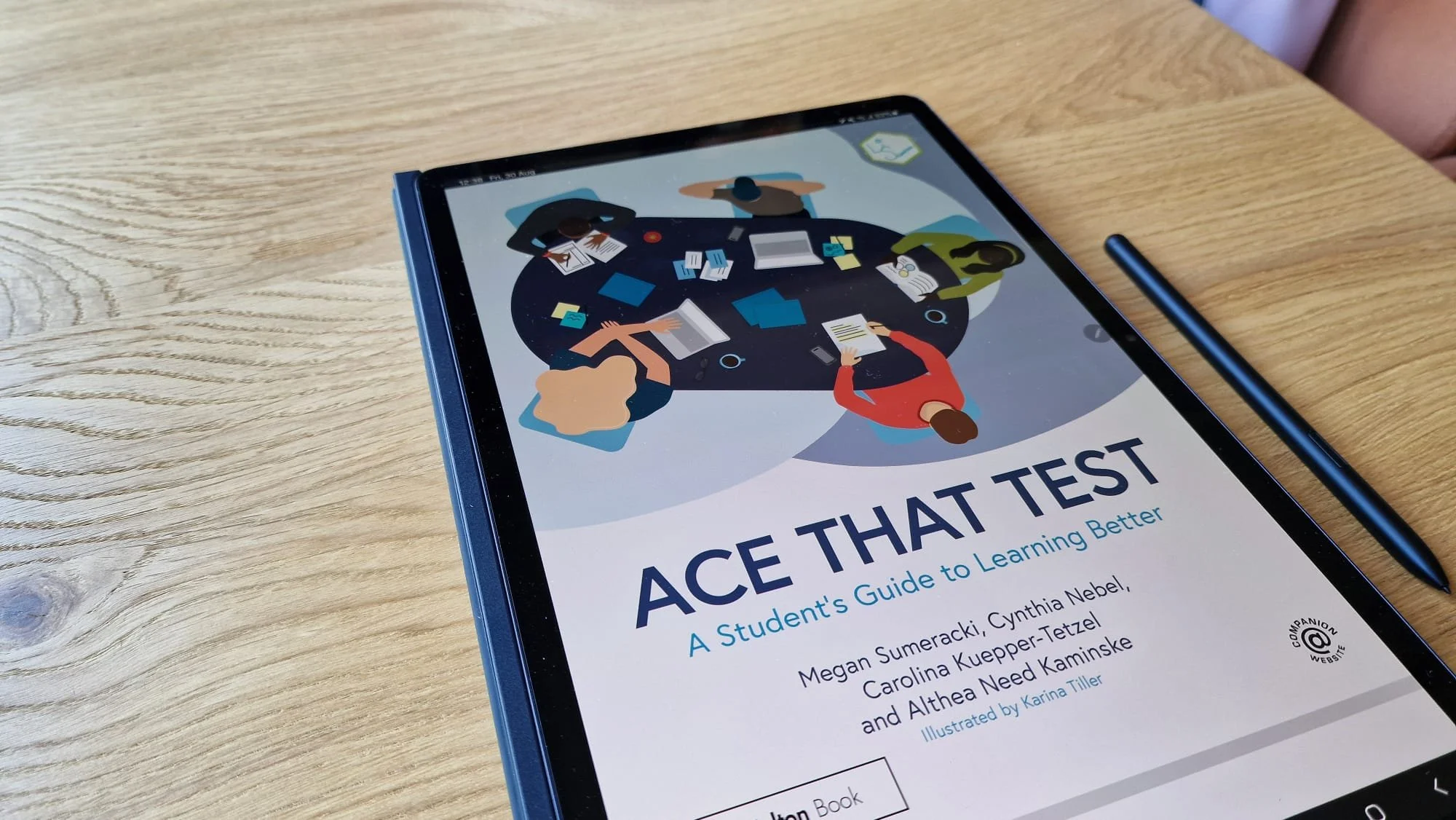If we can understand new information in the context of what we already know, we are more likely to to retrieve it later on. As students go from novice to expert they will learn most effectively if they go from direct instruction to independent, problem-based, or inquiry-based approaches.
All in Learning Scientists Posts
Thinking is Hard
Thinking is hard. ... To better understand the relationship between mental effort and negative affect, David, Vassena, and Bijleveld conducted a meta-analysis of 170 studies of mental effort (1). They looked at a number of moderators to see what factors have an effect on this relationship.
How Do You Use Our Book “Ace That Test: A Student’s Guide to Learning Better”?
Last year, we published our book “Ace That Test: A Student’s Guide To Learning Better”. We recorded a podcast episode introducing the book, but I thought it would be useful to follow this up with a brief blog post and to share with you a brief survey we are currently conducting to find out how you are using our book...
Exam Wrappers with Resources Enhance Metacognition
Many educators use exam wrappers as a way to increase metacognition in their students. In a recently published article, the authors took exam wrappers one step further and sent students to our blog to learn more about retrieval practice and metacognition...
About our "Office Hours" Videos AND a Paper about How Students Cope with Anxiety from Active Learning Practices
Last month, I put out an “Office Hours Video” on Patreon about a paper investigating how undergraduates cope with anxiety in intro biology courses. What is an “Office Hours Video”, you ask? They are special “thank yous” for our Patreon supporters. Our blog, podcast, and downloadable materials …
Motivational Regulation - Strategies for Academic Motivation
If you’ve ever struggled with study motivation you’ve likely received an array of advice on how to get motivated…In a recent meta-analysis, Fong et al., (2024) sought to better understand how these different motivational strategies related to students’ academic achievement, motivation, and self-regulation (2).






